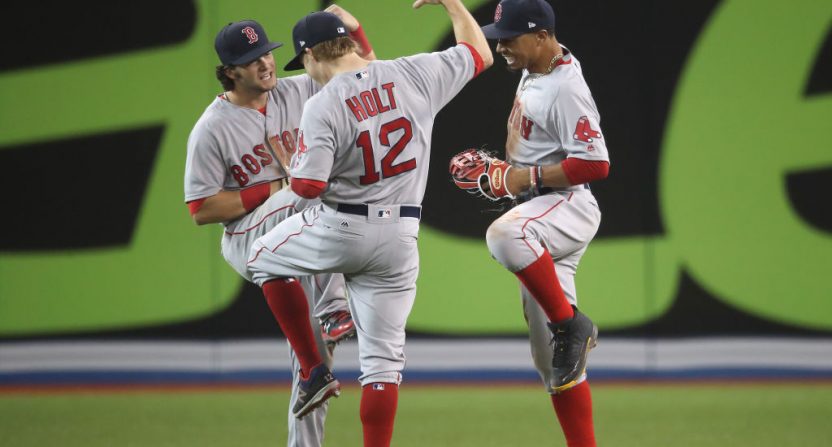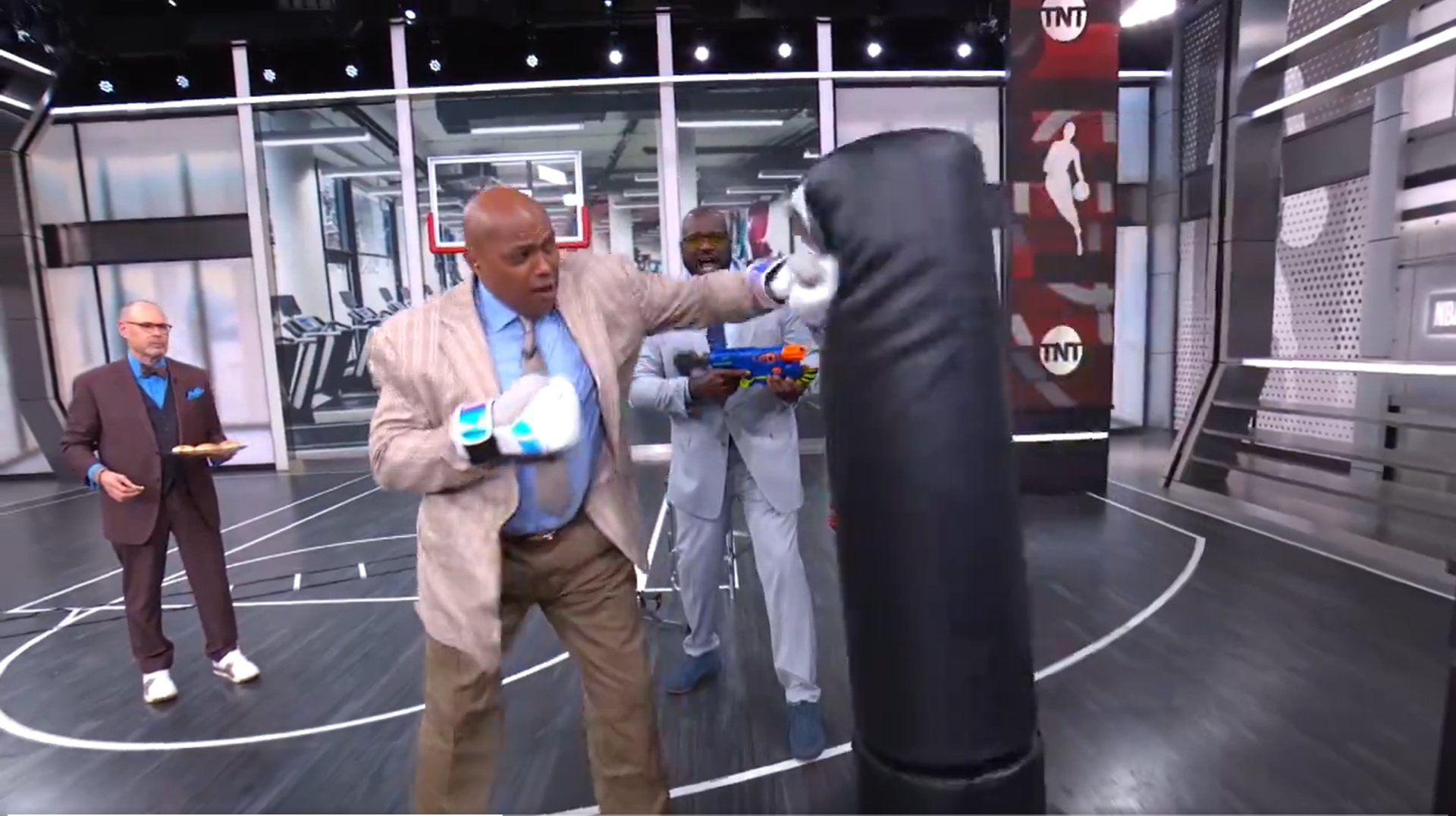The fallout of Disney’s big money purchase of streaming and tech giant BAMtech will be a major storyline over the next several years. It’s certainly a gamechanger for ESPN, as they will look to invest in an over-the-top streaming service that will finally see them look to offset subscriber losses over the last several years and seek a new revenue stream.
And it’ll have an impact on the leagues in which ESPN/BAMtech does business with as well. BAMtech has built a digital empire with MLB, the NHL, the PGA Tour, WWE, HBO, and WatchESPN among its impressive list of clients. ESPN will offer NHL.TV and MLS Live as add-ons to their new service. It’s even had an impact on Netflix, where Disney will eventually pull their movies from the platform with BAMtech also launching a streaming Disney service.
The $1.5 BILLION dollar deal is also going to have a sizable impact in Major League Baseball. Why? According to SBJ’s Eric Fisher, each club will pocket approximately $50 million dollars from Disney’s acquisition of BAMtech.
In new SBJ, MLB team owners looking a payday of ~$50M each following Disney move for controlling stake of BAMTech $ https://t.co/qNb2J3pcup
— Eric Fisher (@AEricFisher) August 14, 2017
Fifty. Million. Dollars. The SBJ article is behind a paywall, but it’s being described as one of the largest payouts to clubs in the history of American professional sports. And whereas part of Disney’s first investment in BAMtech went back into continuing to grow the service, this time MLB is getting all of the cash.
That sum of money is a huge amount for these clubs. It could be the difference between a profitable year and a non-profitable one. It might even be enough to pay a year of Bryce Harper’s salary! In addition to all of that money, ESPN is reportedly going to pay MLB even more to put one game a week on the new streaming service.
What will teams do with that money? If it’s invested into player salaries, it could mean the difference between signing an elite free agent and one a level or two lower. It could mean that teams have the ability to invest in a more sustainable rebuilding project or have more freedom to acquire players. Of course, there are likely owners that will also be more than happy pocketing the extra cash, because there’s always been and always will be teams that like to spend and teams that don’t in Major League Baseball as has always been the case. But now your team has $50 million reasons less not to be competitive on the field.
[SBJ]







